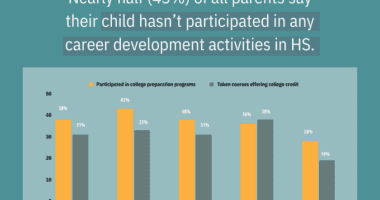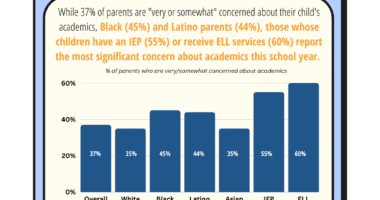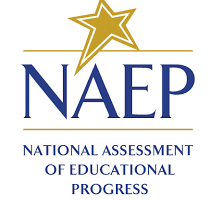Education Advocates Call on Legislators to Invest in Higher Education
BOSTON – Monday, September 18,2023 – As policymakers grapple with how to address higher education access and affordability in the wake of the Supreme Court’s decision on affirmative action and federal student debt forgiveness, advocates urge the Massachusetts House and Senate to pass legislation that helps increase the affordability of public colleges and universities in Massachusetts.
On Monday, advocates from OneGoal, uAspire, and The Education Trust in Massachusetts testified at a Joint Committee on Higher Education hearing in support of HB1265/SB823 – An Act relative to debt-free public higher education. If passed, this bill would establish higher education as a right for all students in Massachusetts, including undocumented students and create a grant program to pay tuition and fees to eligible students at Massachusetts public colleges and universities or certificate, vocation, or training programs at a public college or university.
“A college degree can be a ticket to achieving social and economic mobility, not just for individual students, but entire families for generations, yet the cost of public higher education in our state has increased by 59% since 2000 and household incomes are not keeping pace. As a result, one of the biggest concerns for students from low-income backgrounds, students of color, and first-generation college-goers is the rising cost of college and how to pay for it,” said Genesis Carela, senior policy associate for The Education Trust in Massachusetts.
The combination of Question 1 funding, the comprehensive research and follow-up work done as part of the Board of Higher Education’s Strategic Financial Review and a unique alignment across the House, the Senate, and the executive branch regarding the importance of addressing higher education access and affordability issues give us as good an opportunity as we have ever had to change the narrative about what is possible for every student and family across the Commonwealth. “The time is now to level the playing field. We must all unite to support policies that provide adequate and equitable funding to public colleges so all students can compete in today’s knowledge-based economy and realize their full potential,” said Amanda Seider, executive director of OneGoal — Massachusetts.
This hearing comes as The Education Trust in Massachusetts recently released – in collaboration with their partners in the Massachusetts Education Equity Partnership (MEEP) – a collection of resources for families, students, and advocates to support equitable access to an affordable, high-quality postsecondary education at Massachusetts public colleges and universities. The resources include a data hub to explore affordability indicators at public two and four-year institutions in the Commonwealth and a toolkit that offers actionable steps that advocates can take to encourage conversations about debtfree higher education and drive meaningful policy changes. The toolkit is available in English and Spanish.
“Students, families, and community members deserve access to clear and transparent information about the cost of attaining a postsecondary degree or credential,” said Femi Stoltz, Massachusetts policy director of uAspire. “We’re proud to partner with the Massachusetts Education Equity Partnership to offer a comprehensive resource that will put this critical information into their hands as they consider their postsecondary options. We’re excited that the data and guidance in this tool will help students and families make informed decisions, advocate for resources, and push for solutions that will increase affordability for all.”
For more information about “All In For A Debt-Free Future,” to learn how to put the toolkit into action, and to sign up to receive updates from The Massachusetts Education Equity Partnership, visit https://masseduequity-org.edtrustnatstag.wpengine.com/allin4adebtfreefuture/.





